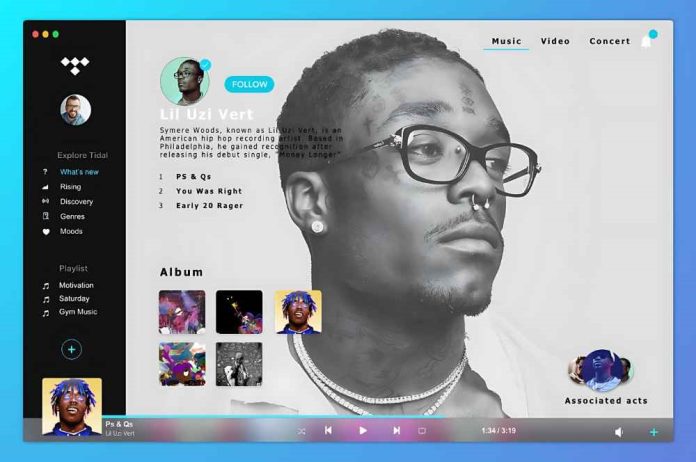
The music industry is experiencing a surge in artist-owned platforms, hinting at a shift in how music is distributed and monetized. From Jay-Z’s Tidal to smaller initiatives, these platforms are reshaping the business. Artists now seek to take back control of their revenue streams, bypassing traditional gatekeepers like major labels and streaming services. This growing trend reflects a demand for ownership, transparency, and autonomy in the industry.
The Rise of Artist-Owned Platforms
For decades, major labels and streaming platforms controlled how music was distributed and marketed. However, the emergence of artist-owned platforms has created new opportunities for musicians. Jay-Z’s 2015 acquisition of Tidal positioned the service as an artist-friendly alternative to giants like Spotify and Apple Music.
Similarly, platforms such as Audiomack, Bandcamp, and Patreon have gained popularity among independent artists. These platforms allow musicians to distribute their music directly to fans while retaining more control over their revenue. They offer features like direct-to-fan sales, exclusive content, and subscription models, empowering creators to manage their work.
A Shift Toward Control and Ownership
The rise of these platforms signals a broader trend: artists want control over their careers and financial futures. For years, musicians expressed frustration with low streaming payouts, restrictive contracts, and opaque royalty distribution. Artist-owned platforms directly address these concerns by offering fair compensation, creative freedom, and direct fan engagement.
By cutting out intermediaries, artists can keep a larger share of their profits, whether through streaming revenue, merchandise sales, or live-streaming performances. This shift is especially significant for independent musicians, who often lack major label backing but can now use these platforms to build sustainable careers.
Direct-to-Fan Models: A Game Changer
One of the most transformative features of artist-owned platforms is the direct-to-fan model. Services like Bandcamp allow artists to sell music, merchandise, and tickets directly to their audience. This fosters closer relationships between creators and their fans. In many cases, artists can set their prices, offer pay-what-you-want models, or provide exclusive content to loyal supporters.
These models not only provide financial autonomy but also deepen connections with listeners. Platforms like Patreon offer subscription-based access to exclusive content, such as early releases or behind-the-scenes footage. This approach has been especially effective during the pandemic when live performances were halted. Artists needed alternative ways to connect with fans and generate income.
The Impact on the Traditional Music Industry
As more artists turn to these platforms, the traditional music industry faces increasing pressure to adapt. Major labels and streaming services have long been criticized for their opaque payment structures. In contrast, artist-owned platforms promote transparency and fair compensation, drawing both established stars and emerging talent.
This trend also mirrors a larger societal shift, where creators in various fields are demanding ownership and control over their work. Musicians, like content creators on YouTube or TikTok, now have the tools to build independent careers without corporate backing. This democratization of the music industry is reshaping how music is created, distributed, and consumed.
Challenges and Opportunities Ahead
While artist-owned platforms offer exciting opportunities, they come with challenges. Artists now face added responsibilities, from marketing to managing fan interactions. Not every musician is equipped to handle the business side of their career, which can be time-consuming and detract from creative efforts.
Additionally, the success of these platforms often depends on an artist’s fanbase. Established stars may find it easier to transition, but emerging artists might struggle to attract a following without the marketing power of a major label. Despite these challenges, the benefits—particularly for long-term sustainability—continue to outweigh the drawbacks for many artists.
Conclusion: A New Era in Music Control
The rise of artist-owned platforms marks a pivotal moment in the music industry. As more artists control their music distribution and revenue streams, traditional industry gatekeepers must adapt to this new reality. This shift toward autonomy, transparency, and direct fan engagement is reshaping the future of music, offering creators more power over their careers.
Music Industry Weekly recognizes that as these platforms grow, they are set to define the next generation of the music business. The undeniable shift toward artist control is not just a trend—it’s the beginning of a new era where musicians are empowered to take ownership of their work and redefine success in the industry.